Magic Tricks Your Kids Would Love to Learn
Magic is an illusion created by magicians to trick their audience. There are many ways that magicians can create an illusion at a live magic show, such as a false cut, false shuffle, false deal, and more. These techniques are used to make the audience believe that they have seen something unbelievable. Mentalists use these tricks to entertain audiences and create an experience for them that would otherwise be impossible to do in real life.
Why is Magic Important for Kids?
Most children live in a world of magic. They are surrounded by it and make it up as they go along. We must help them understand that this is a good thing and not something to be frightened of. There are multiple methods in which people can introduce their kids to magic: through books, virtual magician, films, theatre, games, and even toys.Magic plays an essential role in helping kids learn about the world. It is a tool that can be used to introduce children to new concepts and ideas, and it can help them understand things that they may not be able to grasp otherwise.Magic shows children the power of imagination, which is often overlooked in today's world. It also helps children become more open-minded and empathetic by understanding different perspectives on life.
Types of Magic Tricks for Kids
Magic tricks are an excellent way for kids to learn about the power of deception. They can also be used as entertainment for kids and adults alike. These tricks are used in some of the best magic shows. There are many different types of magic tricks that work well for kids
Card Tricks: Card tricks are one of the most popular types of magic tricks because they can be performed with minimal supplies and don't require any special skills or training. There are many different card trick variations that you can perform with your child, such as "Fooler's Deck" or "The Ambitious Card."
Coin Tricks: Coin tricks are another popular type of magic trick because they usually only require two coins and a little bit
Disappearing object tricks: You may have seen this before. An object is placed in a box, and the magician waves a magic wand over it. The audience sees the object vanish from the box. When the magician opens the empty box, they see the object magically reappear.
What are the Benefits of Learning Magic?
Better Interpersonal skills: Learning magic is a great way to hone your social and emotional abilities. For instance, someone learning magic might end up honing their verbal and nonverbal communication skills, presentation abilities, sensitivity to group dynamics, or all of the above. Notably, these social skills are helpful in the real world and may be used inside and outside the classroom.
Boosts Self-confidence: Many children experience low self-esteem and an inferiority mentality. Nobody wants to be the kid that other people make fun of or think is foolish. Children can learn to push themselves in beautiful ways by performing magic for family and friends. It teaches students to overcome the fear of performing in front of people and entering the spotlight.
Magic is Fun: When kids learn magic tricks, they will enjoy themselves. The unadulterated thrill of learning new things and understanding how things operate. Learning new moves and skills and showcasing them to amuse others may be very satisfying.
Build Self-discipline: You can improve your talents by practicing. You can begin writing the trick once you have grasped its mechanics. Set it up. Increase your practice. Select an outfit. Put all the pieces together to practice the trick. You can do anything if you cultivate this methodical attitude to learning.
Improves Critical thinking: Kids are made to consider the distinction between reality and illusion. They can better examine situations and think critically about issues beyond the obvious. These critical thinking abilities will serve them well in the future.
Frequently Asked Questions
Q1. Why is magic important for kids?
A. Learning magic encourages your child's communication skills as they build confidence and practice the public speaking element – eventually captivating their audience.
Q2. Why do people learn magic?
A. Some of the numerous benefits of picking up magic as a hobby or learning it as a performing art are, Self-Confidence sees a substantial boost. Develops creativity and problem-solving skills. Improves public speaking presentation skills.
Q3. What does magic do to the brain?
A. Magic works not because magicians have got natural supernatural powers. Still, instead, they hijack our brains and manipulate and exploit many of our blindspots and limitations to create their illusions. For example, they will hijack your attentional system to manipulate what you see and, most importantly, what you miss.


